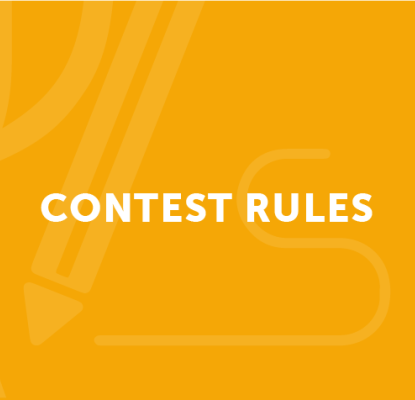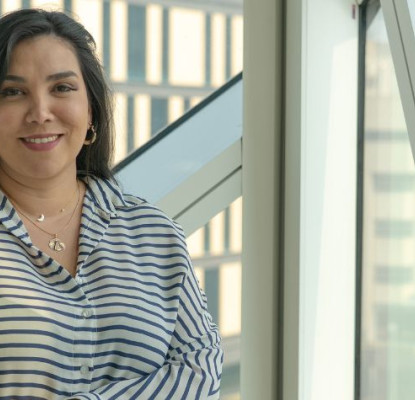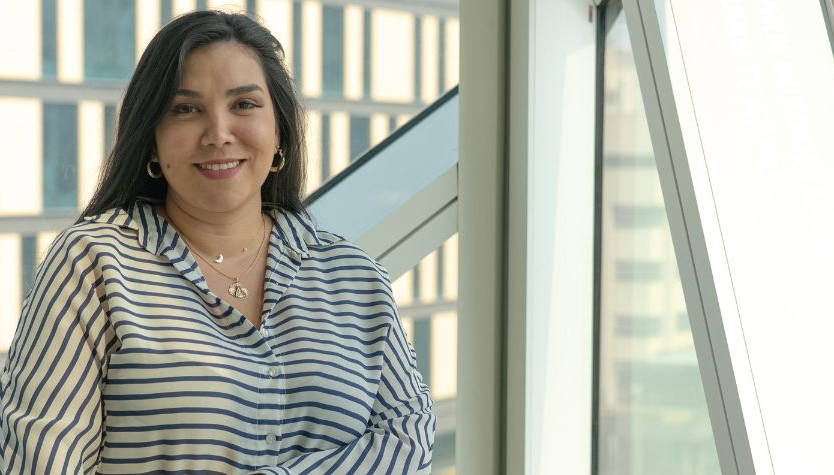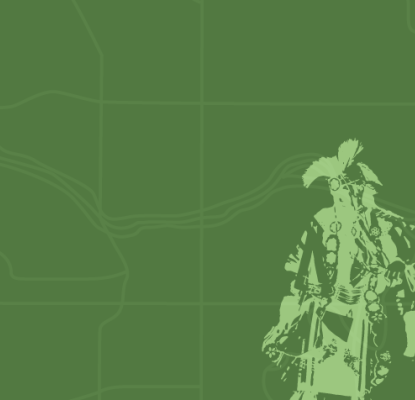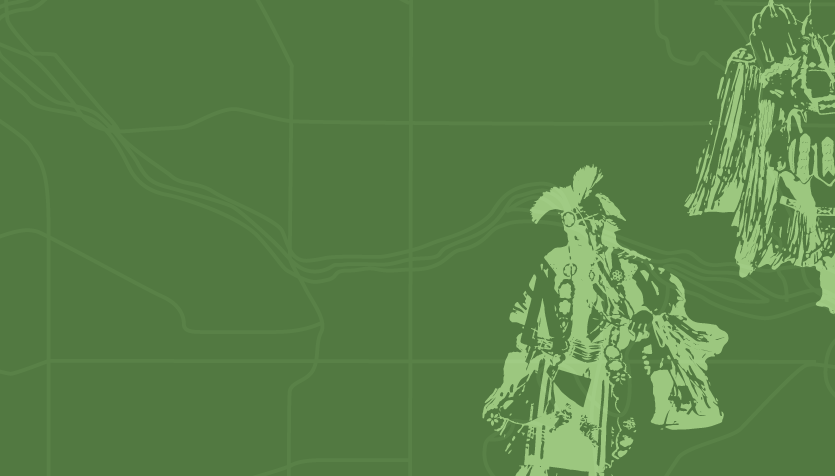Monday, June 30, 2025
Calgary Public Library Promotes Kindness in Your Community with Social Snacking Campaign
Calgary, AB — Calgary Public Library is launching a new public awareness campaign that invites Calgarians to practice daily acts of kindness in their community. The Social Snacking campaign is presented in partnership with the Council of Champions for Children and Youth, a coalition of 36 community groups and social services led by the United Way of Calgary. The campaign encourages Calgarians to find micro-moments of connection, like saying hi to a neighbour or smiling with your eyes at fellow shoppers or commuters, to help build a sense of community and connection.
The program has been developed in response to the impact of the COVID-19 pandemic, which has had an undeniable impact on the mental and emotional well-being of Calgarians. A recent City of Calgary survey noted that 80 percent of Calgarians say the pandemic is a threat to their mental health, with 36 percent saying it is a major threat to their mental health.
“The last 20 months have been incredibly challenging and isolating for so many of us,” says Jeff Gray, co-chair of the Council of Champions and Executive Director of Antyx Community Arts. “The Social Snacking campaign was developed to extend the reach of community supports and show people that they have the power to help their community while supporting their own well-being.”
“Championing the Social Snacking campaign is a natural fit for the Calgary Public Library,”says Sarah Meilleur, CEO for Calgary Public Library. “Libraries play a critical role in both creating community and supporting mental wellness, so we are incredibly proud to be able to spread the word. We will be encouraging our employees to be social snackers and we look forward to seeing the movement grow.”
These micro-moments aren’t just good for the community, they have also been shown to change individual brain chemistry for the better.
Dr. Suzanne Tough is a Burns Memorial Fund and Max Bell Foundation policy fellow with natural supports hub Connections First, and a Professor with the Departments of Pediatrics and Community Health Sciences in the Faculty of Medicine at the University of Calgary. She also co-led the research behind the Social Snacking campaign.
“While it might feel like there’s not much we can do as a community right now, small, brief, and informal interactions really make a difference. Everyone’s brains feel better because the interaction reduces stress hormones and releases feel-good hormones, like oxytocin,” says Tough.
The Social Snacking bookmarks are now available at all Library locations. Individuals and organizations who would like to support Social Snacking within their own circles can find more information and download the toolkit at connectionsfirst.ca/social-snacking.
Examples of Social Snacking
Here are a few ways that you can practice Social Snacking today:
- Chat with someone new at the dog park
- Make conversation with your cashier
- Say hello to your neighbour
- Offer your seat to someone on the bus .
Learn more at connectionsfirst.ca/social-snacking.

